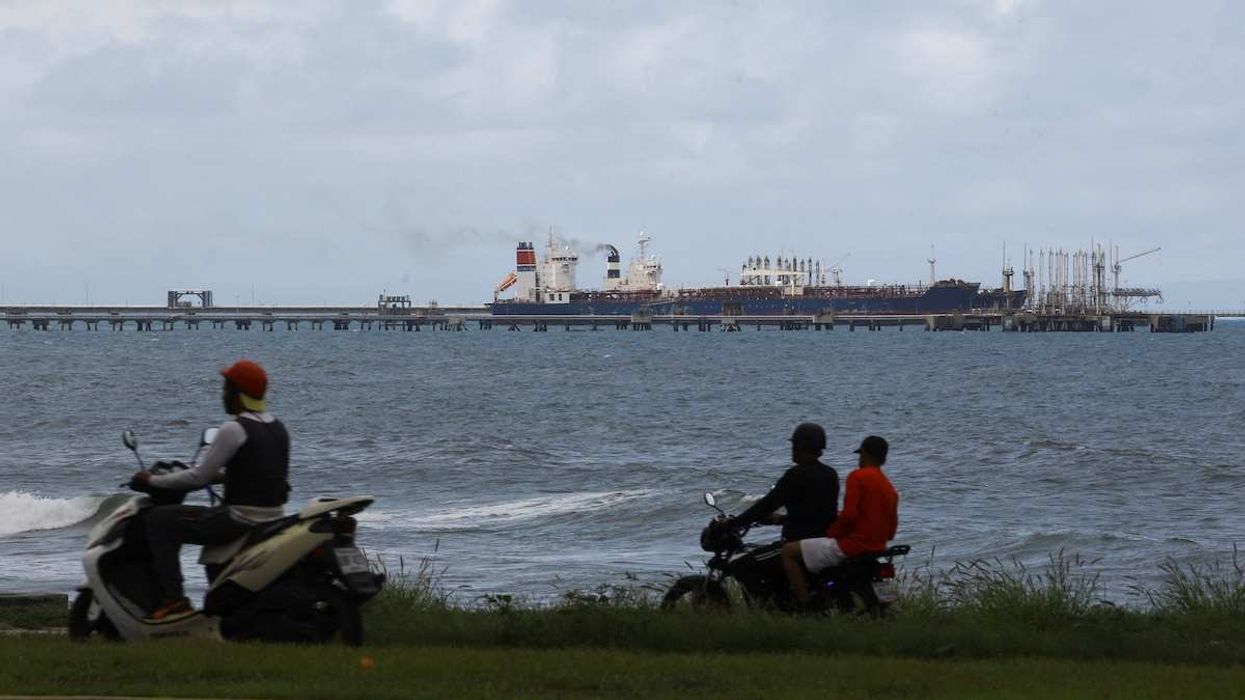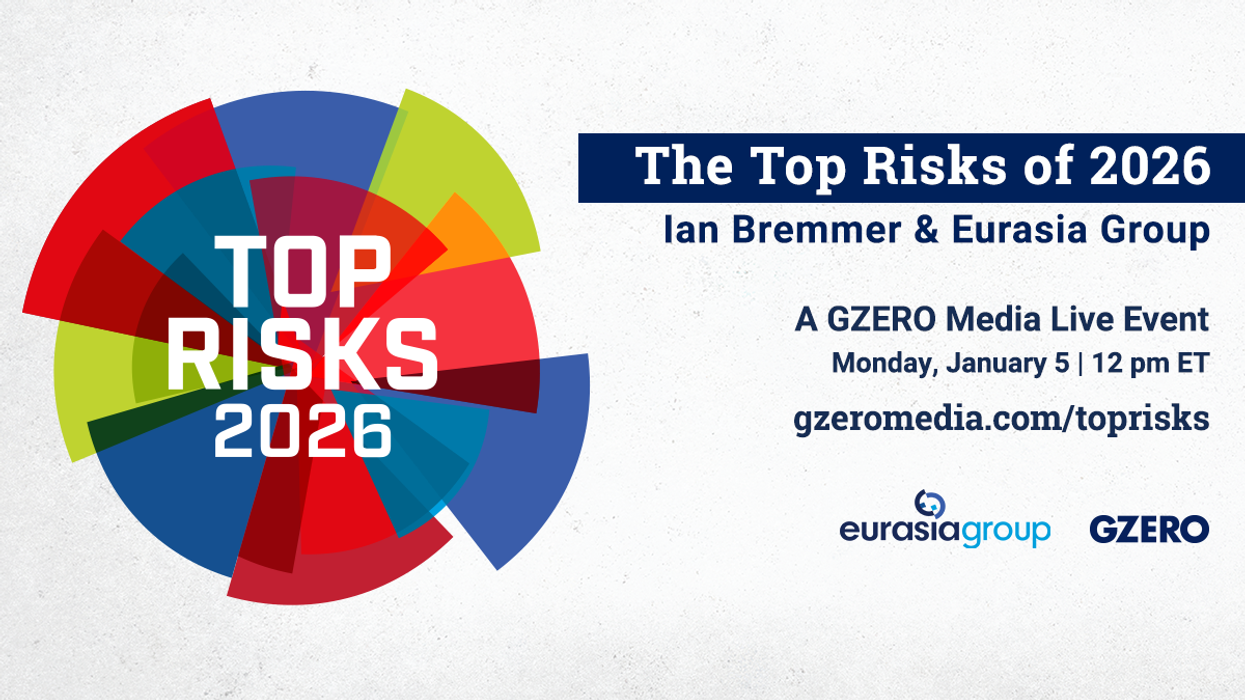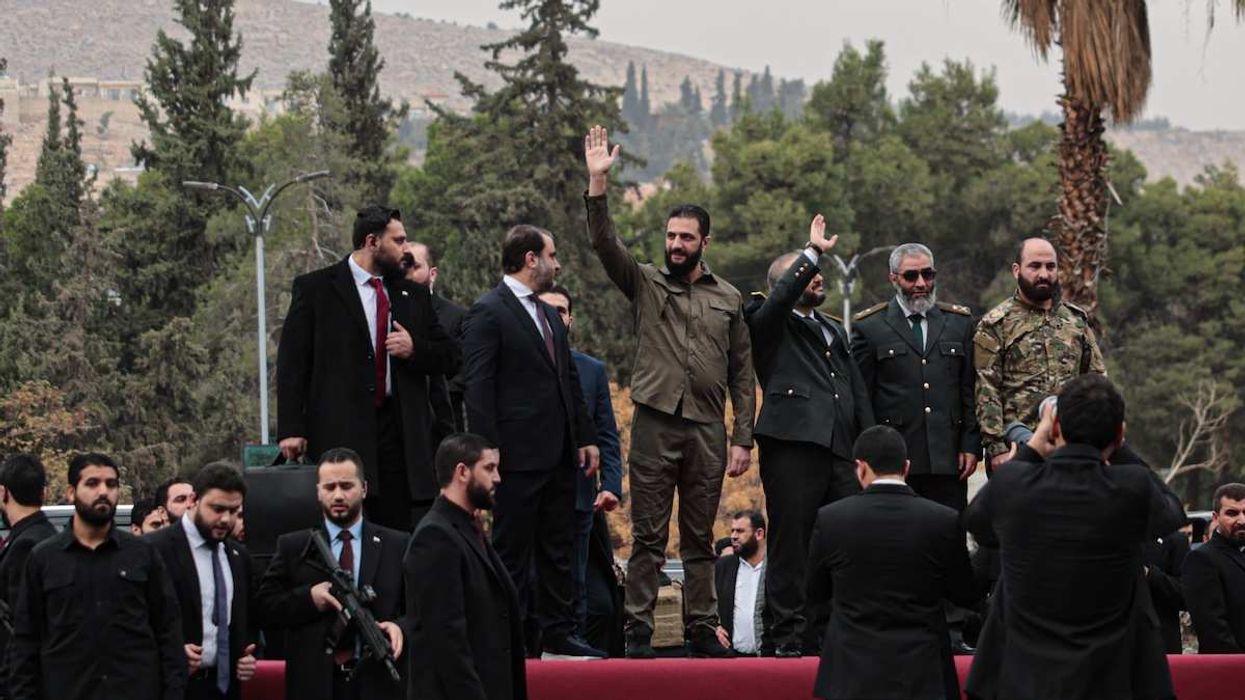– By Tony Frangie Mawad
The turquoise Caribbean waters off Venezuela now carry two rival fleets under the same flag. One consists of US destroyers, an amphibious squadron and a nuclear submarine deployed as part of US President Donald Trump’s newest offensive against Latin American drug cartels. The other is Chevron oil tankers loading Venezuelan crude and heading north, supplying US refineries.
This duality is indicative of the Trump administration’s internal conflict over how to deal with Venezuela. While figures like Special Envoy Richard Grenell and MAGA influencer Laura Loomer dismiss “regime change” rhetoric and prioritize access to Venezuela’s oil reserves – the world’s largest – Secretary of State Marco Rubio and other Florida Republicans push for sanction-centered “maximum pressure” and alignment with opposition leaders María Corina Machado and Edmundo González Urrutia.
The strain comes after the contested July 28, 2024, presidential elections in Venezuela, when – despite overwhelming evidence of an opposition landslide victory – the Maduro government deepened repression and clung to power despite its unpopularity. The opposition, with no institutional leverage and facing a security apparatus loyal to the country’s ruling socialists, pinned its hopes on external pressure. Opposition leader Machado therefore welcomed Trump’s naval deployment, praising “the firm and brave decision to dismantle the criminal enterprise that has seized Venezuela.” She and Rubio link President Nicolás Maduro not only to alleged drug trafficking group, “Cartel of the Suns,” but also to the transnational criminal gang Tren de Aragua (TdA), portraying the Venezuelan regime as the “criminal hub” of a hemispheric syndicate. Their campaign has borne fruit: Trump formally designated the Cartel of the Suns as a terrorist organization, accusing Maduro of leading it, and raised the bounty for his capture to $50 million – twice the figure once set for Osama bin Laden.
These actions are more defensible if Venezuela is considered a narco-state. Transparencia Venezuela, Transparency’s local branch now in exile, estimates illicit economies – including cocaine, gold smuggling, and port kickbacks – may amount to close to 16% of national GDP. Almost 25% of the world’s cocaine, routed through Colombia, now passes through Venezuela, according to the DEA and other agencies. These numbers support the hard-liners in the US administration. Yet experts caution against taking the US designation of the “Cartel of the Suns” literally. Far from a rigid hierarchy, it is more an umbrella term for informal trafficking networks facilitated by corrupt officials and state institutions in the vacuum left by Venezuela’s weakened state control. Similarly, evidence linking TdA to the Maduro government is scarce.
For now, Washington is keeping its options open. The naval and marine presence – over 4,000 troops, amphibious carriers, reconnaissance aircraft, and three destroyers – is tailored less to invasion than to interception. “Suspicious vessels may be detained and boarded on the high seas, with or without flag consent. This exerts pressure, but it doesn't overthrow anyone,” says Víctor M. Mijares, a Venezuelan geopolitical expert.
Nobody knows what happens next. The presence of precision-strike platforms revives fears of a surgical operation, akin to US and Israeli strikes against Iran, a close ally of Venezuela’s regime. In anticipation, Maduro has banned non-state sale and use of drones. He has also reacted with fiery anti-imperialist rhetoric, calling for a nationwide mobilization that supposedly enlists firefighters, communal councils, and 4.5 million militia members – though local analysts note that figure is inflated, consisting largely of pensioners and state clients. On Monday, perhaps as a show of strength and to reinforce defensive border security, Venezuela also announced the deployment of 15,000 troops – allegedly as part of a domestic anti-drugs operation – to the border with Colombia, a key US regional security partner. Venezuela is also deploying ships to the northern part of the country’s territorial waters, likely facing the US fleet.
Despite the military deployments, one key factor supports a continuation of the status quo: economics. US sanctions notwithstanding, Chevron is able to export oil thanks to the renewal of their license to operate. While the opposition had urged Washington to revoke the license, calling instead for the “financial asphyxia” of the regime, tankers have resumed crude exports to the United States. The trade is estimated to generate roughly $4 billion a year, and accounts for the bulk of Venezuela's oil production.
In the medium term, it is most likely that tensions will gradually escalate. If it comes to a head and Maduro is replaced in a haphazard way, without coordination between the democratic opposition and state actors, the result may not be a democratic transition but a power vacuum quickly filled by hardliners or even a military junta. At least for now, in a country increasingly accustomed to secrets and conspiracies, the full picture remains unclear.
Tony is a Venezuelan journalist and political scientist based in Caracas. He has written for several international outlets, runs a bilingual newsletter on his country called Venezuela Weekly, and is launching Ecosistema, a digital outlet on Venezuelan business, tech, and society.



















